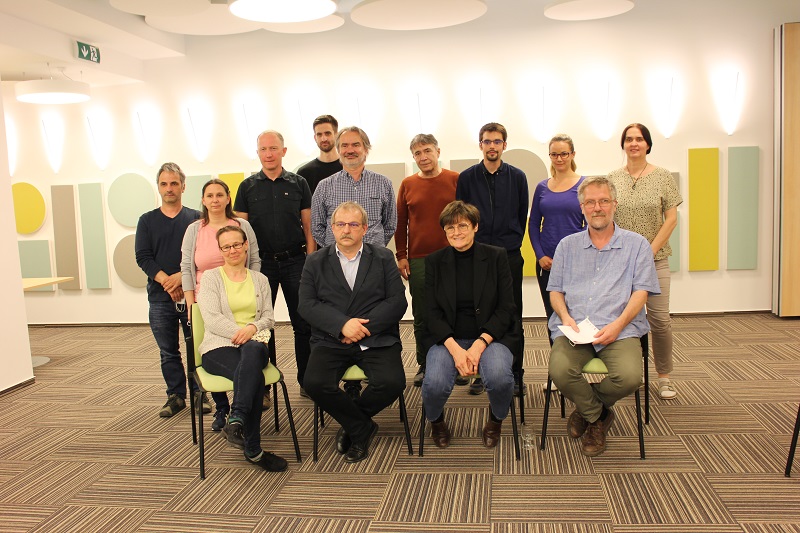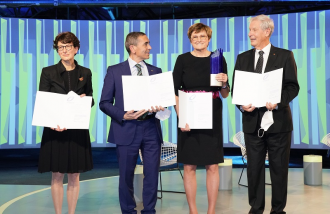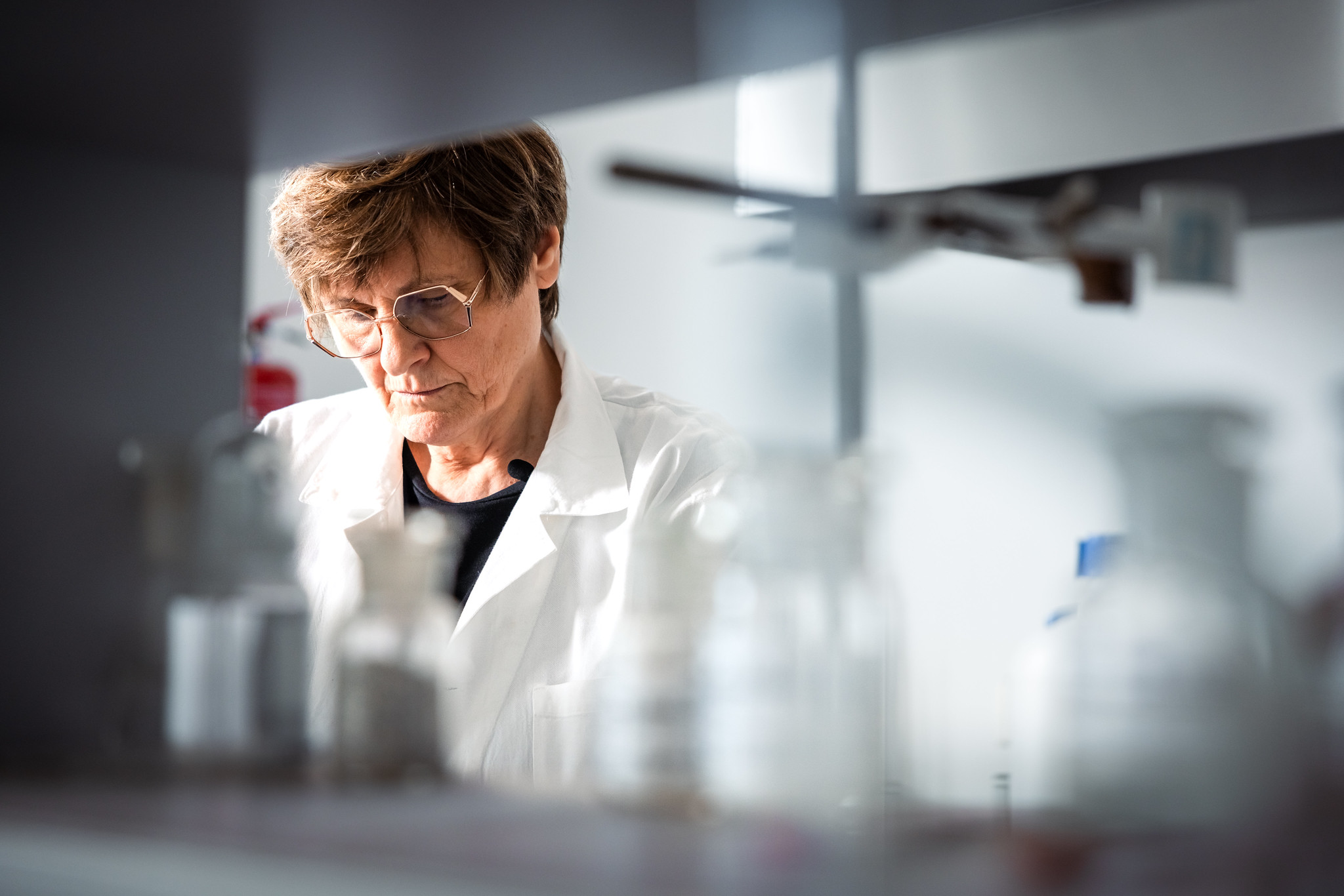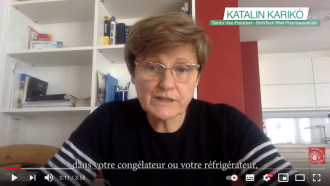
The mRNA technology - a paradigm shift in medicine
„I imagine one day all the mRNA-based drugs will be in the fridge…”
Katalin Karikó was convinced that mRNA could be used to instruct cells to produce their own medicines, including vaccines. "I imagine one day having all the mRNA-based drugs in the fridge. And if somebody burns their hand while cooking, they just take out the RNA serum that's just right for that, which speeds up the healing," as she flashed a vision of the future in a short film about her as a researcher who won the Grande Médaille Prize in 2021, showing her as if she was applying ointment to the imaginary wound.
In 2012, the synthetic mRNA was successfully injected into animal bodies and then the first preclinical trials of mRNA-based vaccines began. Five years later, the first vaccine against Zika virus containing modified mRNA in a lipid envelope was produced. This result was shared by Norbert Pardi, an alumnus of the University of Szeged, and his alumni Katalin Karikó, and Drew Weissman, who became a research fellow at the University of Pennsylvania.
This technology has become the basis for the COVID-19 mRNA vaccine used to combat the current pandemic. Their pioneering work has fuelled many advances and paved the way for future therapies.
 |
| Please click on the picture to enlarge! |
The world's first vaccine against COVID-19, the mRNA technology that is the harbringrer of a new era in medicine, and the leaders of the pioneering company BioNTech are being honoured by Germany's most prestigious science and technology prize, the Deutscher Zukunftspreis. The ceremony was attended by the three founders of BioNTech in Mainz - Uğur Şahin, Özlem Türeci, Christoph Huber - and its Vice President Katalin Karikó, honorary doctor and alumnus of the University of Szeged.
For basic immunology research, Katalin Karikó, researcher of BioNTech and the University of Pennsylvania, Drew Weissman, a Penn researcher, and BioNTech co-founders Uğur Şahin and Özlem Türeci have been awarded the 2021 William B. Coley Prize by the Cancer Research Institute (CRI). This expressed CRI's belief that mRNA vaccine technology will transform cancer treatment in the future.
 |
| Please click on the picture to enlarge! |


 Szegedi Tudományegyetem
Szegedi Tudományegyetem




